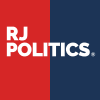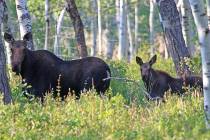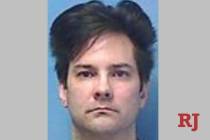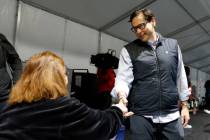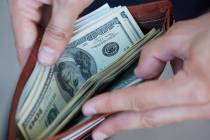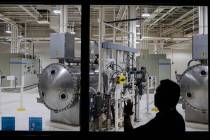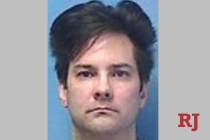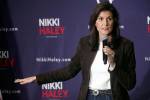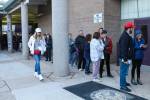Presidential primary attracts 16 percent of Nevada voters
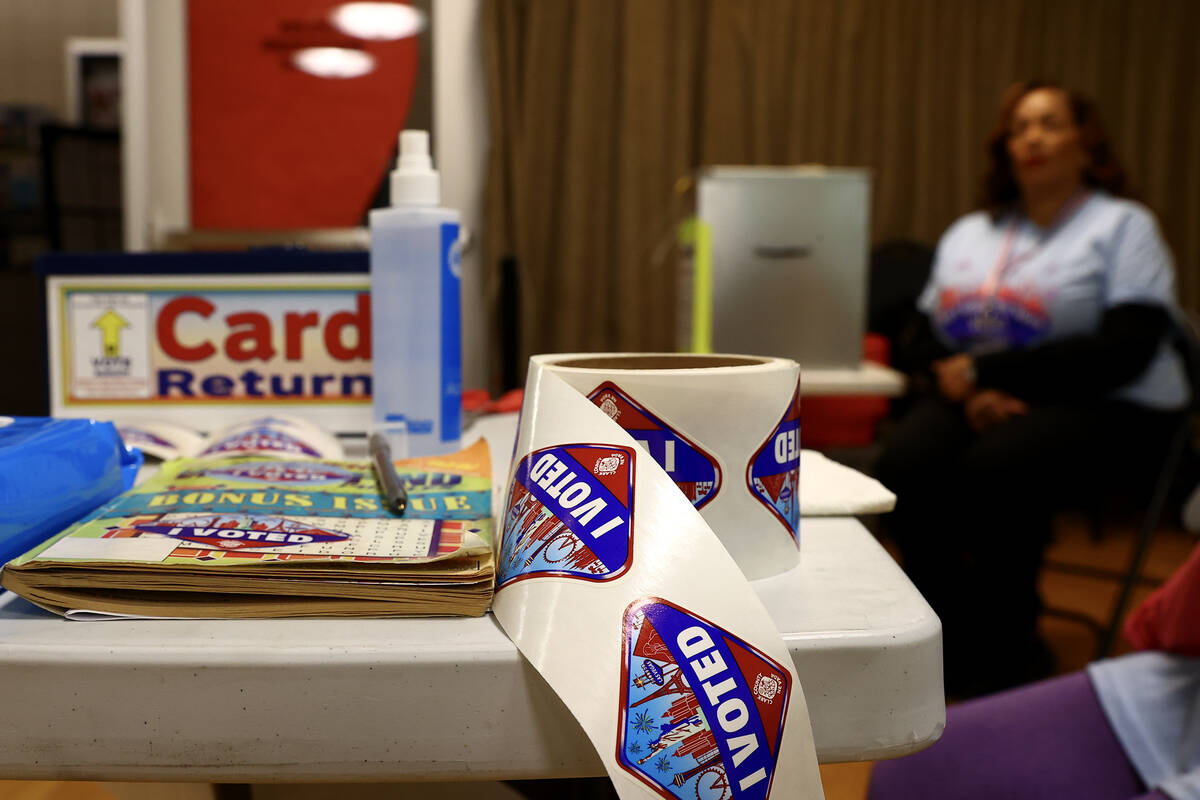
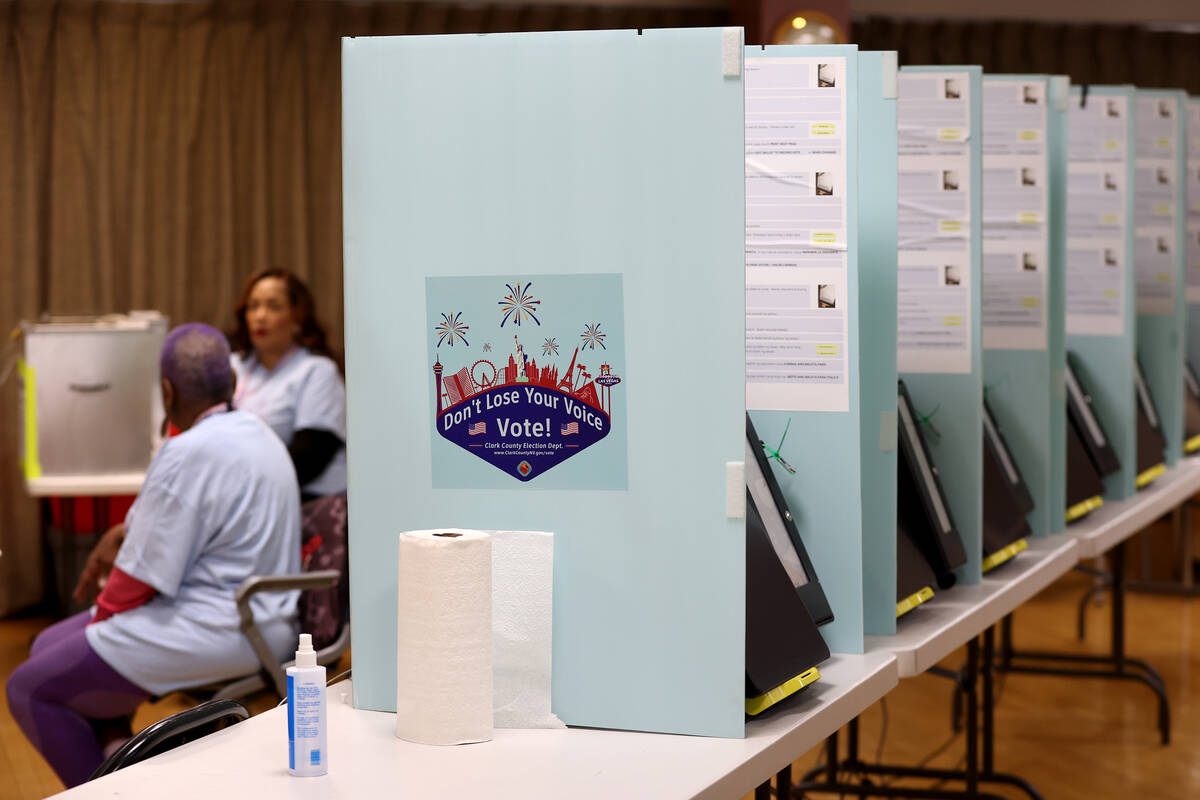
Tuesday’s Nevada presidential preference primary served as a test — both for the state in how to release results more quickly and handle its first presidential primaries, and for what happens when political campaigns choose to ignore the purple Silver State.
President Joe Biden easily secured his win of Nevada’s Democrats, and while the GOP primary’s results did not matter (as the party prepares for its Thursday’s caucuses in an all-but-guaranteed-win for former President Donald Trump) 13 percent of registered Republicans also participated, with the majority selecting “none of these candidates” over Nikki Haley.
In an interview with NewsWire on Wednesday, Haley said, “we knew months ago that we weren’t gonna spend a day or a dollar in Nevada because it wasn’t worth it, and so we didn’t even count Nevada. That wasn’t anything we were looking at. We knew that was rigged from the start.”
Her campaign has vowed to press on.
The primaries were already expected to have lower voter turnout, with Biden’s win of the Democratic primary likely and with Trump participating in the caucuses. Still, around 182,000 voters participated in the primaries, about a 16 percent participation rate, according to Secretary of State Cisco Aguilar.
Although the 2022 primary election had a 25 percent voter turnout, there is not really a way to compare Tuesday’s primary to others, Aguilar said, given that this is the first presidential primary the state has held since the Legislature voted in 2021 to do away with caucuses.
The secretary of state added that it is important to remember that Nevada’s largest voting bloc — nonpartisans — did not participate.
The majority of voters also participated with a mail ballot, Aguilar said, showing an increased adoption rate of the 2021-era automatic mail ballot system.
Nevada voters have voiced frustration over both a primary and caucuses taking place. On Tuesday, one Trump supporter called the situation nonsense.
“It’s a waste of time,” said Philip Lorea, 70, of Summerlin.
Aguilar said that it was a great concern to his office on whether the confusion from the dueling primary and caucuses would cause voters to not participate in the process at all.
The state-mandated primaries served important purposes, he said. For one, it’s a crucial democratic value to give the opportunity for a voter to participate in the electoral process, he said.
“It’s also important to recognize the fact that Nevada has an opportunity to set the agenda and set the tone for the November presidential election,” Aguilar said in a phone interview Wednesday. “And that’s what this is about, people recognizing the importance of Nevada, and why we matter throughout the country.”
Nevada represents what the U.S. looks like, he said, and it’s important to understand how the West feels.
A test ahead of June and November
With 11 of the 17 county clerks across the state new, Aguilar said, the primary also served as an opportunity for them to run an election before the larger primary in June and the November general election.
It also was used to test capacity for counties to tabulate results more quickly. In the 2022 midterms, the Silver State drew national ire for taking longer than other states to put out its results. Aguilar, elected in 2022, has prioritized increasing counties’ capabilities to count faster.
By 11:30 p.m. on Tuesday, Washoe County processed 90 percent of the ballots it had on hand, Aguilar said, and as of Wednesday morning, Clark County processed more than 90 percent of its ballots. He understands that it was a smaller election, but the state has to continue to increase its capacity to get results out more quickly for the June primary, he said.
“I think there’s opportunity to be more efficient in that process,” he said.
The costs
It is too soon to tell how much the primary cost to operate, Aguilar said. The secretary of state’s office budgeted $5.2 million in the legislative session, and the largest chunk of that is county costs. There will be a better idea of the price once the votes are certified, and when counties send in reimbursement requests to the secretary of state’s office.
“I don’t think you can put a price on democracy and accessibility,” Aguilar said, “and the opportunity for Nevada to set the national stage about what’s important to voters.”
The Nevada Republican Party did not return the Review-Journal’s requests for information on the exact costs to hold its caucuses. The party, however, received $330,000 from presidential candidates who paid the $55,000 fee to sign up, according to its latest financial disclosure report.
The total costs for the use of 42 Clark County School District facilities reserved by Nevada Republican Party for the caucuses was $8,558. That cost includes the space rental, police services, custodian and administrative fees, according to a school district spokesperson.
Lessons in campaign strategy
On the Republican side, the primary results showed what happens when a campaign chooses to avoid the Silver State.
While Haley visited Nevada in October for a Republican Jewish Coalition annual leadership summit, her campaign has chosen to ignore Nevada, one of the Republican Party’s four early primary states.
Haley had accused the caucuses of being rigged for Trump so she had signed up for the primary, but did not make much effort to encourage Nevadans to vote for her in the symbolic election.
Contact Jessica Hill at jehill@reviewjournal.com. Follow @jess_hillyeah on X. Staff reporters Taylor Avery and Jason Bracelin contributed to this report.









